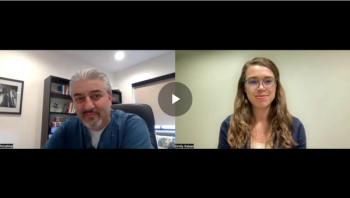
Firas M. Rahhal, MD, discusses concerns of using repackaged IV bevacizumab for the treatment of wet AMD.

Firas M. Rahhal, MD, discusses concerns of using repackaged IV bevacizumab for the treatment of wet AMD.
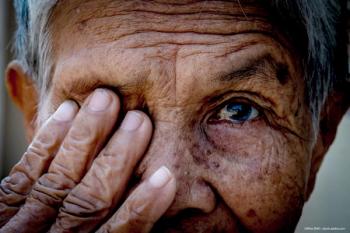
Investigational pipeline provides promise for an unmet need.

The first FDA-approved bispecific antibody for the eye targets two leading causes of vision loss.

Ultrasonic retinal prosthesis has been achieved by a research group at UCLA. It is a step towards a non-invasive retinal prosthesis that works without invasive eye surgery.
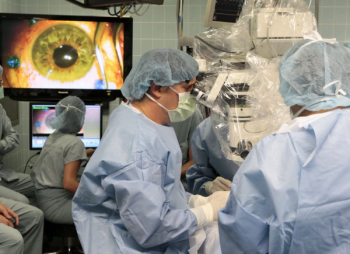
A gift from Bronwyn Bateman, MD, will establish the UCLA Bronwyn Bateman Center for Ocular Genetics at the Stein Eye Institute.

Russian bombs on Wednesday struck a hospital in Mariupol, Ukraine, damaging several buildings, including an ophthalmology department. Elsewhere, physicians are participating in relief efforts.

Investigators studying old flies have gained some new insight into retinal degeneration, seeking an understanding "of the molecular mechanisms that drive age-associated changes and the external and internal factors that influence them.”

This new surgical technique offers precision down to the micron level, which is more precise than a surgeon can achieve by themselves.

World Glaucoma Week, March 6-12, 2022, highlights how far ophthalmologists have come in managing the disease as well as cutting-edge therapies and techniques.

A team of investigators found that sigma 1 receptor, which is known to protect cells from stress, could turn out to be key to the function and survival of the neurons most impacted by glaucoma.

Presenters at the conference provided new evidence about detecting geography atrophy and wet and dry AMD early and predicting disease progression. Investigators are also focused on finding cures for inherited retinal diseases.

40 years after the inaugural flight of the Flying Eye Hospital, Orbis International continues to harness the power of innovation to reach new heights in the fight against avoidable blindness.
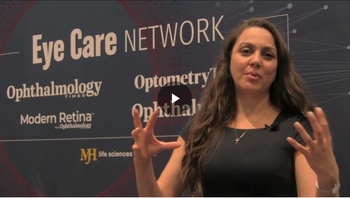
Lisa Nijm, MD, advises young ophthalmologists on how to find common ground with their preferred practice and find solutions in the negotiation process that will help both parties flourish.

The group is offering free sight-saving resources to employees and employers.
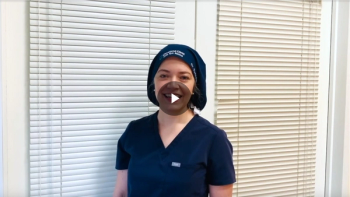
Dr. Aleksandra Rachitskaya discusses how the treatment landscape for Inherited Retinal Diseases has changed and her hope for the future.

KSI-301, a therapy for patients with nAMD, did not meet the primary endpoint of showing non-inferior visual acuity gains compared to aflibercept given every eight weeks; however, it was safe and well-tolerated with no new or unexpected safety signals.
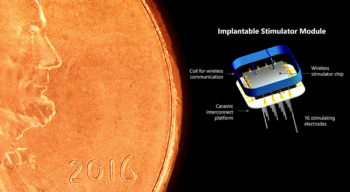
While there is currently no cure for blindness, an artificial vision system has undergone its first successful implantation, bringing with it the potential to restore partial vision to people who have lost their sight.

Investigators at the Eye Clinic, Department of Medicine, Surgery and Health Sciences, University of Trieste, Trieste, Italy, found that the appearance of the retina and optic disc was associated with the SARS-CoV-2 virus.

Leading the charge for a multifactorial approach to combat diabetes, Kristen Nwanyanwu, MD, MBA, MHS, and her team have embraced the need for a multi-pronged program to address health disparities in diabetic retinopathy.

According to data presented by Horizon Therapeutics at the North American Neuro-Ophthalmology Society annual meeting in Austin, Texas, Upliznq treatment is linked to fewer severe attacks and reduced levels of key disease-related biomarkers versus placebo.

Kriya Therapeutics company recently took the wraps off an exclusive agreement with the Medical University of South Carolina (MUSC) Foundation for Research Development to license next generation complement-targeted gene therapies for the treatment of geographic atrophy and other ocular diseases.
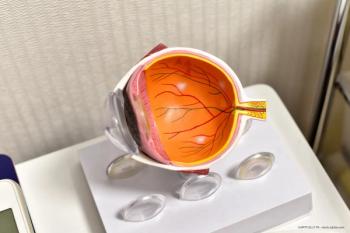
AM712 is a novel bispecific biologic molecule specifically designed for ocular use. In pre-clinical studies, it demonstrated efficacy, ocular pharmacokinetics, and the desired safety profile supporting clinical exploration.
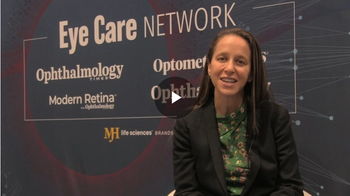
Dr. Stacy Pineles discusses the additional degree opportunities within the residency program at the Jules Stein Eye Institute at UCLA.

According to the company, it is developing elamipretide for treatment of extra-foveal geographic atrophy under U.S. FDA Fast Track designation.
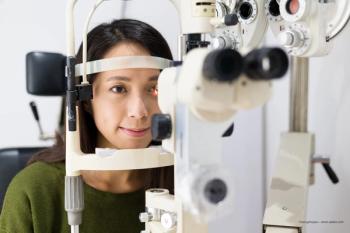
Researchers know that parts of the retina are considered as biomarkers for Alzheimer disease, but the team from Otago’s Dunedin Multidisciplinary Health and Development Research Unit in New Zealand have been investigating the retina’s potential to indicate cognitive change earlier in life.